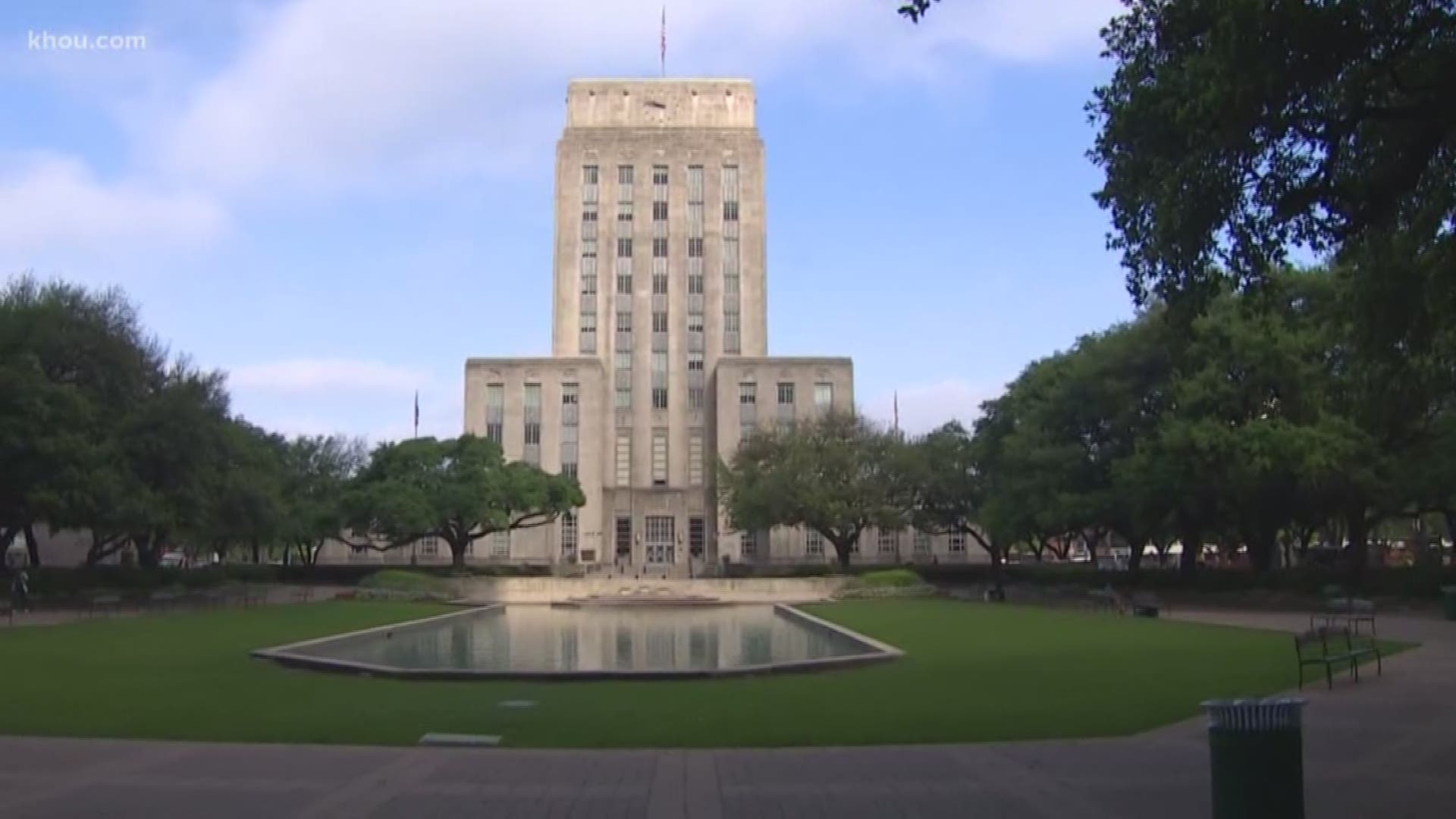HOUSTON — Houston Mayor Sylvester Turner said the city may have to stop running its COVID-19 testing site Thursday because of a supply shortage.
“Whether or not we’ll be able to continue tomorrow is highly problematic because we’ve been waiting on a shipment of PPEs (personal protective equipment) to come into the city of Houston,” Turner said.
Dr. David Persse, the city’s public health authority, said FEMA promised a shipment this week, though he doesn’t know which day.
“We’ve been told it’s weekly,” Persse said. “That routine has not yet become routine. So, we’re waiting just like you are to find out when it’s gonna arrive and exactly what will be in the shipment.”
The city is running one of its two FEMA-approved drive-through testing sites for COVID-19. Persse said it’s been averaging around 225 tests per day out of a maximum of 250.
Persse worries opening a second site would make the testing process less efficient.
“We’re gonna stick with the one site because it’s working well, and we haven’t maxed out there,” Persse said. “Once the supply chain issue from FEMA gets squared away and it’s more reliable, we’ll then consider going to our second site.”
Harris County is already operating both of its FEMA-approved sites outside of city limits.
County Judge Lina Hidalgo’s “Stay Home, Work Safe” order, signed Tuesday afternoon, was brought up during Wednesday’s city council meeting.
“We have tried to strike a balance between your health care needs and still your basic business, economic needs, as well,” Turner said, adding anyone that doesn’t work for an essential business should stay home.
He told council members he’s advised police if people break the order, they can be arrested and fined, or sent to jail for up to 180 days.
“If, for example, someone may be stopped for some other reason—they ran the red light, and then come to discover that they are just out and about—then that could be an issue,” Turner said. “But nobody is just pulling people over and just saying, you know, ‘Do you have any paper indicating that you are working for an essential place?’ We’re not doing that.”
The mayor also emphasized police will not be asking about immigration status.
Turner also told council members the city is working with hotels to lease 186 rooms for people that can’t self-quarantine at home. That includes essential workers, first responders and people experiencing homelessness.
On Wednesday, the city council voted to accept a $5 million grant from the CDC to fight COVID-19.
They also voted to let airlines, concession companies, and rental car companies at Houston airports defer all payments from April through September without interest until 2021 because of the huge drop in air traffic caused by the coronavirus.
Houston Municipal Courts announced Wednesday they’re suspending all hearings, arraignments, jury duty, and trials until May 1 to promote safe distancing in response to COVID-19.
Coronavirus symptoms
The symptoms of coronavirus can be similar to the flu or a bad cold. Symptoms include a fever, cough and shortness of breath, according to the Centers for Disease Control.
Most healthy people will have mild symptoms. A study of more than 72,000 patients by the Centers for Disease Control in China showed 80 percent of the cases there were mild.
But infections can cause pneumonia, severe acute respiratory syndrome, kidney failure and even death, according to the World Health Organization. Older people with underlying health conditions are most at risk.
The CDC believes symptoms may appear anywhere from two to 14 days after being exposed.
Human coronaviruses are usually spread through...
- The air by coughing or sneezing
- Close personal contact, such as touching or shaking hands
- Touching an object or surface with the virus on it, then touching your mouth, nose or eyes before washing your hands.
Help stop the spread of coronavirus
- Stay home when you are sick.
- Eat and sleep separately from your family members
- Use different utensils and dishes
- Cover your cough or sneeze with your arm, not your hand.
- If you use a tissue, throw it in the trash.
Lower your risk
- Wash your hands often with soap and water for at least 20 seconds. If soap and water are not available, use an alcohol-based hand sanitizer.
- Avoid touching your eyes, nose, and mouth with unwashed hands.
- Avoid close contact with people who are sick.
- Clean and disinfect frequently touched objects and surfaces.
- If you are 60 or over and have an underlying health condition such as cardiovascular disease, diabetes or respiratory illnesses like asthma or COPD, the World Health Organization advises you to try to avoid crowds or places where you might interact with people who are sick.
Get complete coverage of the coronavirus by texting 'FACTS' to 713-526-1111.

